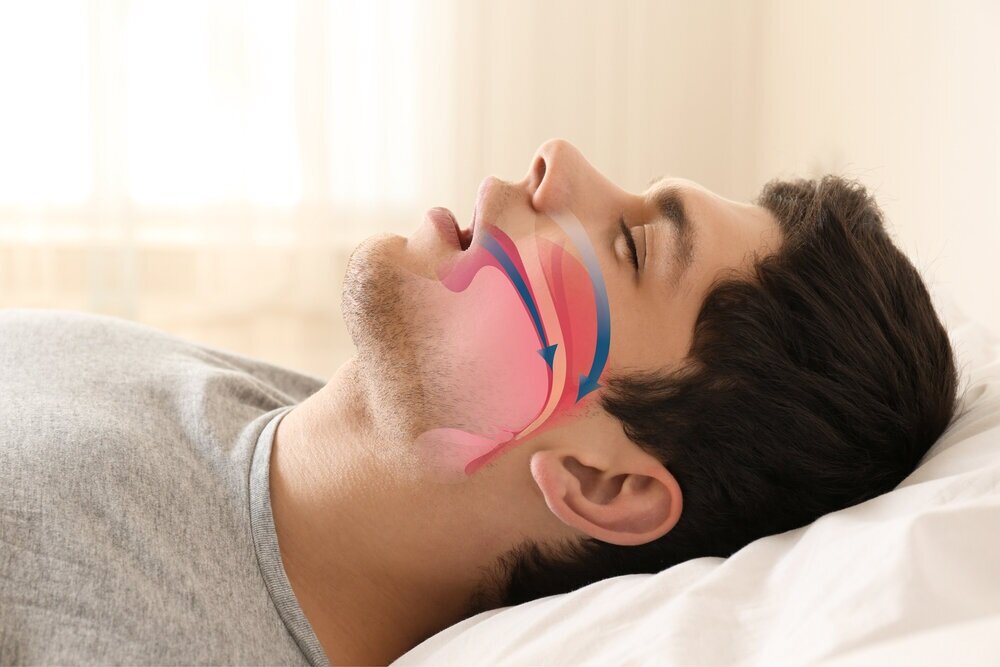Alternatives to Surgery for Sleep Apnea Treatment
Many of us are affected by snoring – a serious health problem. About half of all people will rumble at one point in their lives, while more than a fourth of adult women and 40% of adult men snore at night.
Untreated snoring leads to a number of unnecessary physical, medical, mental and social consequences. Those who snore are more vulnerable to high blood pressure and obesity than those who don't snore. Loud snoring on the other hand is an indication of sleep apnea. Sleep apnea highly interferes with sleep quality. Treating your sleep apnea can help you say goodbye to snoring. You are more likely to experience serious breathing problems, if it is so, do not delay your snoring treatment.
The tiredness of excessive nighttime snoring can indicate fatigue, anxiety, depression, work problems, and an increased rate of traffic accidents. Relations with loved ones can be uncomfortable if snoring stops them from sleeping.
This is why people turn desperately to surgery to help them stop snoring for good. Although surgery may be shown in a small percentage of snoring, it is not suitable for most people who snore and are also at risk for infection and other complications. Luckily, options are equally effective and less costly than surgery.
CPAP Machines
Continuous positive airway pressure (CPAP) is a medical procedure that can help people with sleep apnea. CPAP involves the use of a machine to push the air through the mouth or nose to the lungs during sleep.
The throat and internal structures of the upper airway collapse in obstructive sleep apnea and stop air moving into and out of the lungs. CPAP gives the airway a gentle pressure and allows constant ventilation to reach the lungs directly. A doctor or sleep specialist can help you determine whether you benefit from CPAP treatment and select your best machine.
Weight Management Program
Weight loss may in some cases lead to improving or eliminating symptoms of sleep apnea in a patient if overweight or obese. Overweight people often have thick necks that have excess tissue in the throat that can obstruct their airways. This is for people who are overweight and are able to participate in a weight management program physically. There is no certainty, although it can help, that loss of weight can cure their sleep apnea.
Positional Therapy
Positional therapy is a therapeutic technique for treating apnea in place. Many people are mainly sleeping apnea while they sleep on their back. This is referred to as the "supine" position. While you sleep at your side, your breathing returns to normal. Positional treatment can require the use of a special device around your waist or back. This stops you lying sideways.
To know the snoring treatment options better you may contact us at OKOA. Let us see what we can do for you.
**Disclaimer: The information on this page is not intended to be a doctor's advice, nor does it create any form of patient-doctor relationship.

